As the year 2014 comes to a close, it offers time to reflect on the past twelve months in popular culture. Whether it was big moments in our nation such as Ferguson, the Ebola outbreak, or a cyber attack, we had plenty of trouble this year. We also lost some fantastic actors this year with the passing of Robin Williams, Philip Seymour Hoffman, Shirley Temple, Harold Ramis, Lauren Bacall, Mike Nichols, and Joan Rivers among others. Where there is despair comes inspiration. Some of the best writing of 2014 came from the loss, sorrow, anger, and fear we faced. Above all else, art continued to be made. Fantastic films were made, such as Gone Girl and Boyhood, that challenged viewers expectations and lead to countless debates and editorials.
Listed below are a collection 25 articles focusing on film, television, and one special podcast. Hopefully you can be inspired by the writing of these great journalists as I have been. Given the sheer amount of material written in 2014 we probably missed a few. What are some of the best pieces of film writing you’ve read this year? Let us know in the comments below!
“The Death of Adulthood in American Culture” by A.O. Scott
“Sometime this spring, during the first half of the final season of “Mad Men,” the popular pastime of watching the show — recapping episodes, tripping over spoilers, trading notes on the flawless production design, quibbling about historical details and debating big themes — segued into a parlor game of reading signs of its hero’s almost universally anticipated demise.” Source: New York Times
“The Horrible Things That Men Do to Women” by Willa Paskin
“In the second episode of True Detective, Rust Cohle (Matthew McConaughey) and Marty Hart (Woody Harrelson) find themselves at a seedy trailer-park bunny ranch, where Marty becomes outraged at the presence of an underage prostitute named Beth (Lili Simmons). Marty lays into the madam, Jan (Andrea Frankle), for employing a girl clearly younger than 18. But Jan isn’t having it. She tells Marty he has no idea of Beth’s circumstances, what she’s left behind, and besides, “Girls walk this earth all the time screwing for free. So why is it you add business to the mix and boys like you can’t stand that thought?” Source: Slate
“Nymphomaniac and the infinite loneliness of Lars von Trier” by David Ehrlich
“Early in Lars von Trier’s Nymphomaniac, Young Joe (Stacy Martin) coos these words to one of the countless men she has sex with during the two part, 241-minute opus of depravity. While what she’s saying carries a clear erotic charge, her bluntly literal instructions aren’t a come-on so much as a desperate plea for fulfillment. As Joe relates her life story to the overeager stranger Seligman (Stellan Skarsgård), who found her lying in an alley near his home, what was first intended as a simple request for comprehensive penetration evolves into a tragic refrain, with the unsubtle subtext that might be expected from a filmmaker who has the word “fuck” tattooed across his right-hand knuckles.” Source: The Dissolve
“Is Method Acting Destroying Actors?” by Richard Brody
“James Franco’s Op-Ed in the Times—in which he speculates whether some strange recent actions by Shia LaBeouf may be “intended as a piece of performance art, one in which a young man in a very public profession tries to reclaim his public persona”—is worthwhile and timely. Franco discusses the conflicts between the art of acting and the celebrity that results from success as an actor. ” Source: The New Yorker
“Generation X’s Midlife Crisis Bites Back” by Logan Hill
“In February of 1994, exactly twenty years ago, Ethan Hawke recorded that insufferable answering machine greeting as the unemployed, flannelled poet Troy Dyer, the most zeitgeist-y guy in Ben Stiller’s directorial debut Reality Bites. Troy, the prototypical Gen X slacker, grew up so fast in what Douglas Coupland termed the “accelerated culture” of the time that he went straight from college into a fashionably precocious midlife crisis: the knee-jerk rejection of conventional comfort; the hyper-verbalized, oh-so-exhausted angst; the meaningless affairs; the guitar; the dubious facial hair. ” Source: Esquire
“Harvey Weinstein and the saga of Snowpiercer” by Ty Burr
“One of the very best films of 2014 opens in the Boston area Friday, and you almost didn’t get a chance to see it in a movie theater. Why that’s so is an absurdly complicated story — one that, on its surface, seems to be a struggle between a visionary director and a notoriously heavy-handed studio executive. Dig a little deeper, though, and the whole mess may say more about an invisible struggle in the movie industry about which audiences get to see what films when. War of wills or battle for our eyeballs — either way, the drama surrounding “Snowpiercer” is almost as gripping as the one on the screen.” Source: Boston Globe
“Making Beatlemania: A Hard Day’s Night at 50″ by Sam Kashner
“If you were lucky enough to be young in the summer of 1964, you would’ve been in a movie theater watching A Hard Day’s Night—not just once, but over and over again. Gobsmacked theater managers and frightened ushers (they had ushers in movie houses then) had trouble prying kids from their seats to let in a fresh crop of ticket holders.” Source: Vanity Fair
“I killed At The Movies” by
“Should you ever find yourself hosting a TV show, remember that the basic tools of the format—cameras, lights, make-up—exist for the sole purpose of turning you into a character, and that said character is, by default, a prick. What no amount of coaching and tech rehearsal will teach you—what you end up discovering only when seeing the first broadcast—is that the person on screen is always someone else. ” Source: The A.V. Club
“Let’s Be Real: ‘Let’s Be Cops,’ cop movies, and the shooting in Ferguson” by Wesley Morris
“All movies choose their moment. It’s called a release date. Some moments, however, choose their movies. And it looks as if the moment has chosen Let’s Be Cops. But let’s be clear: No one should choose this movie. It’s a title in search of a plot. It could also have been called Let’s Be Funnier,Let’s Be Directed, Let’s Be 15 to 30 Minutes Shorter, Let’s Be 22 Jump Street. Right now, though, this is our only movie starring law enforcement run amok, at a moment when much of the nation is outraged that actual law enforcement is doing the same.” Source: Grantland
“Robin Williams (1951-2014), Oscar-winning actor and comedian” by Noel Murray
“Robin Williams was an actor. That was his calling, and that was his gift. Williams trained in the theater, and attended Juilliard, where he honed his knack for impressions and pretense. But because Williams could invent faster than any writer could write, very early in his career he took his talents to the stand-up circuit, where for however long his set lasted—ten minutes, an hour, more—Williams would turn his own life into an uncommonly complex act of theater.” Source: The Dissolve
“What Movies Can Teach Us About the Ebola Outbreak” by Nate Jones
“Ebola has arrived in the United States, and people are freaking out. Part of this is because of professional scaremongering, and part of this is because we’ve been primed to panic by decades of cinema history. After all, you don’t make a movie about a deadly virus without having that virus get loose and decimate entire populations. (Successful Quarantine is a much less catchy title thanContagion.) From the Motabo virus of Outbreak to the “Captain Trips” super-flu of The Stand, the movies’ depictions of mass sickness can get very dire indeed. Here’s what we’ve learned from Hollywood Epidemiology 101.” Source: Vulture
“The Great 2014 Celebrity Nude Photos Leak is only the beginning” by
“Privacy is a privilege. It is rarely enjoyed by women or transgender men and women, queer people or people of color. When you are an Other, you are always in danger of having your body or some other intimate part of yourself exposed in one way or another. A stranger reaches out and touches a pregnant woman’s belly. A man walking down the street offers an opinion on a woman’s appearance or implores her to smile. A group of teenagers driving by as a person of color walks on a sidewalk shout racial slurs, interrupting their quiet.” Source: The Guardian
CHECK OUT PAGE 2


















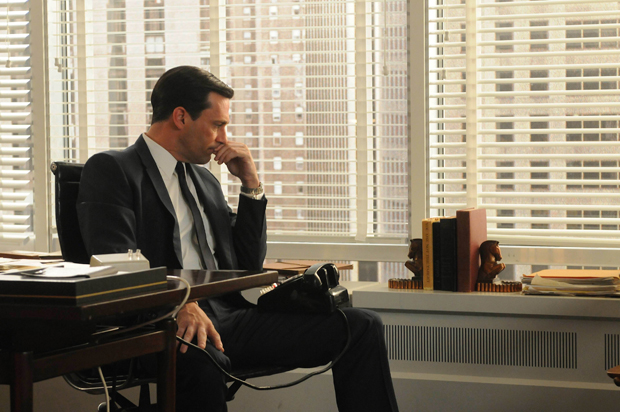


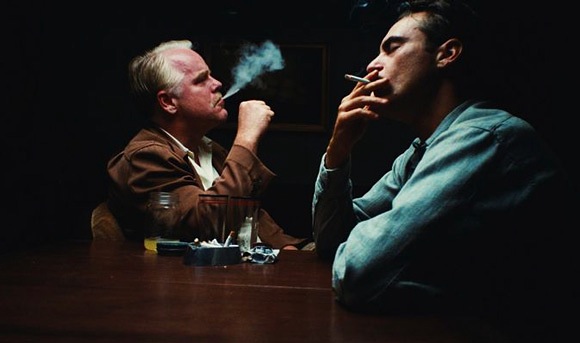
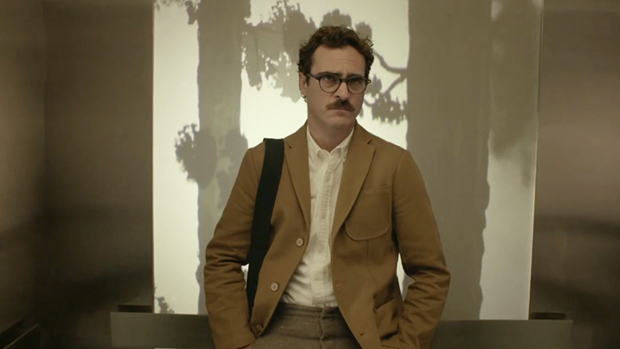

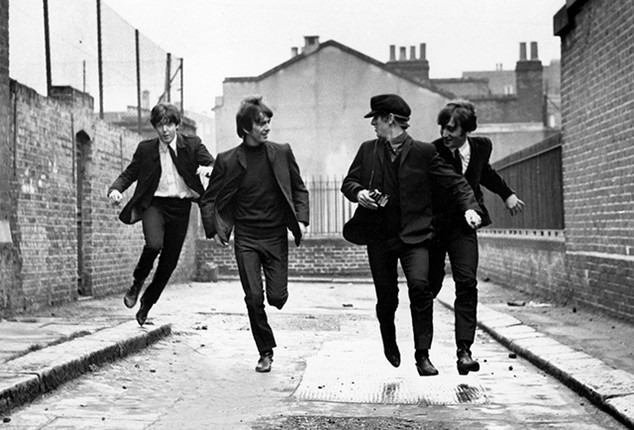

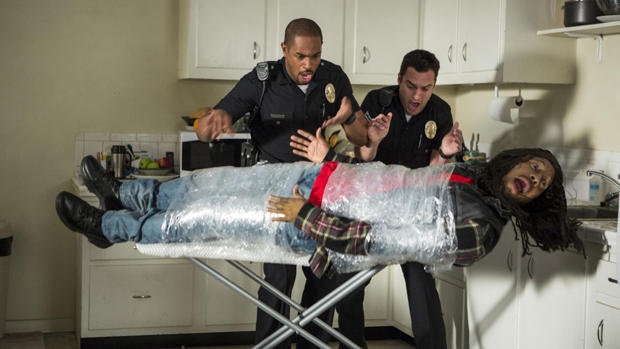
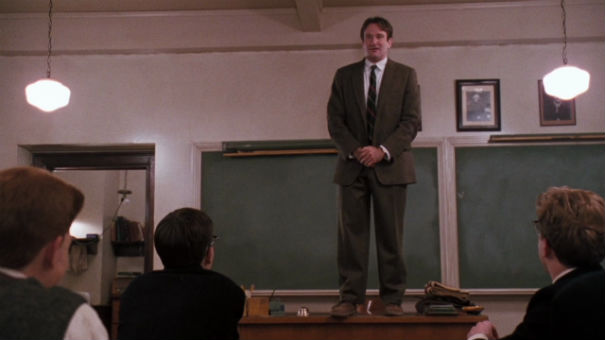
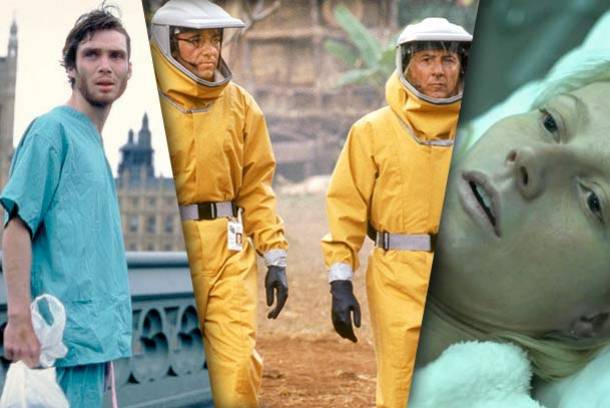

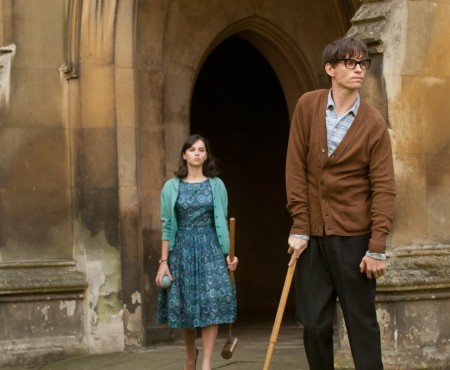
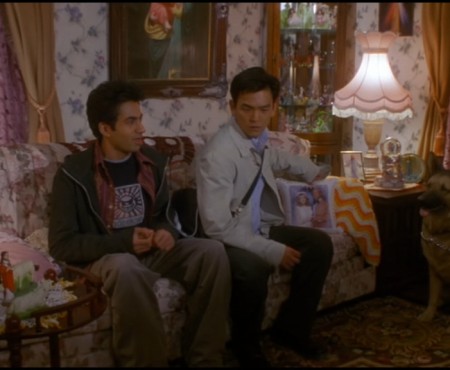

One thought on “The Best Film Writing of 2014”
Pingback: The Roundup: January 12 | The Frame